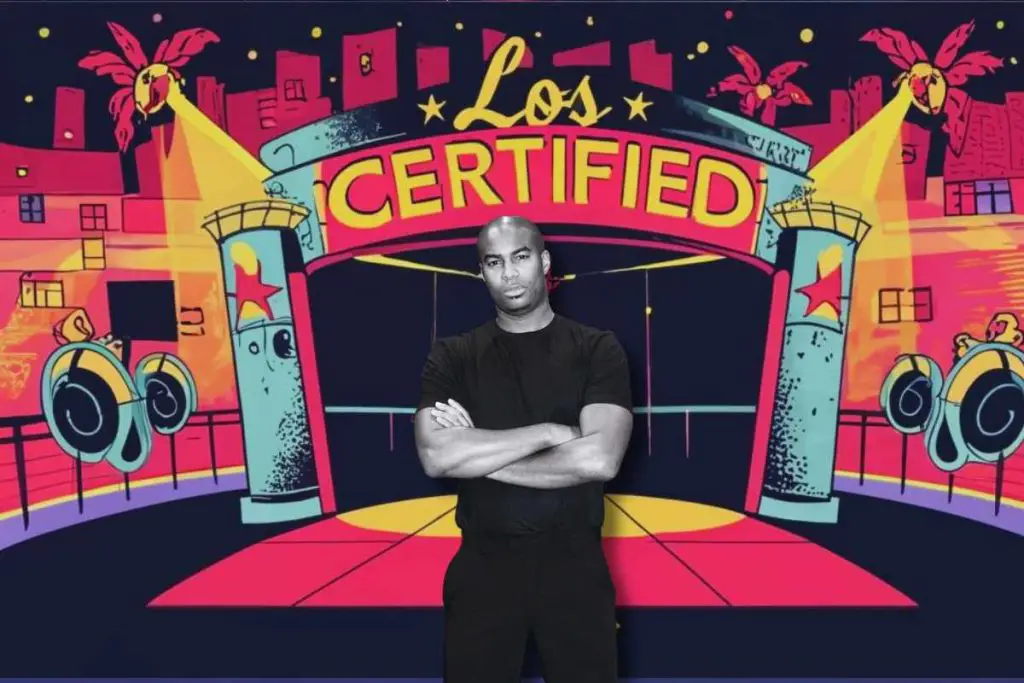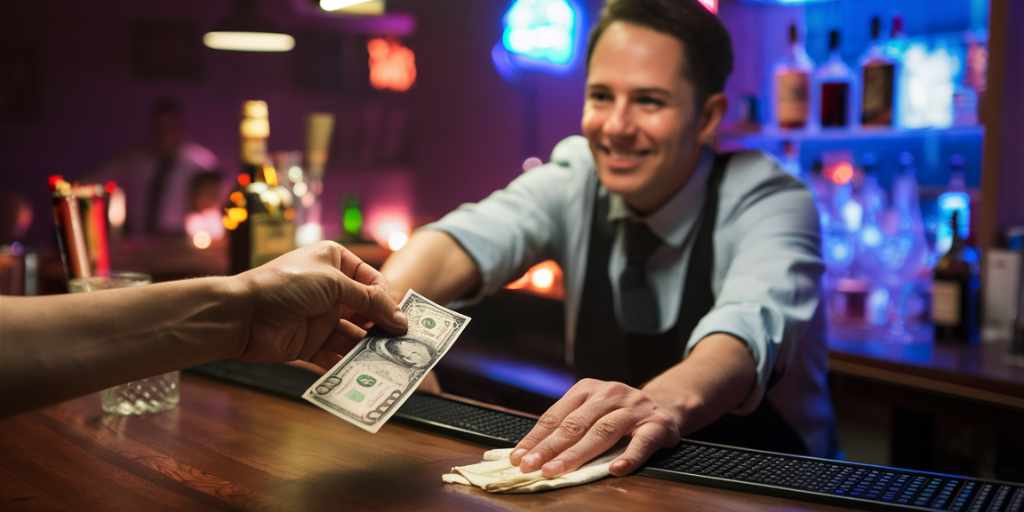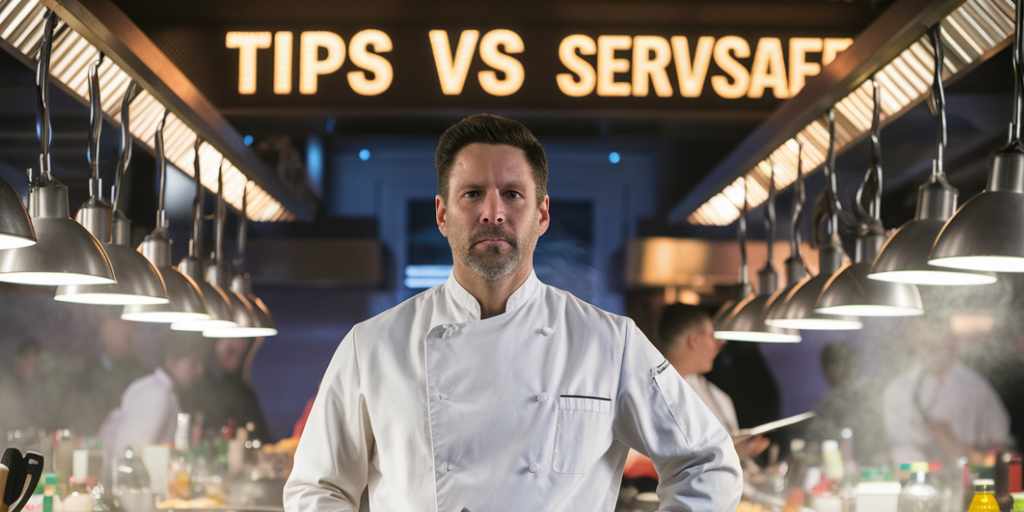In recent years, there has been an increased emphasis on responsible alcohol service, particularly in settings where servers and security personnel may be responsible for the safety and well-being of patrons. One of the key components of this movement is the Responsible Beverage Service (RBS) Certification, which provides education and training on how to serve alcohol responsibly and minimize the risks associated with excessive alcohol consumption. The certification has raised questions about who should undergo this training, specifically whether security personnel need to be RBS certified or not.
The primary purpose of RBS Certification is to ensure that individuals who directly serve alcoholic beverages know necessary to prevent overserving, identify intoxicated customers, and address alcohol-related problems. This includes understanding the certification process, alcohol laws, regulations, and compliance and enforcement mechanisms. However, the roles and responsibilities of security personnel in establishments serving alcohol may vary, which makes it essential to understand the circumstances under which they might be required to obtain RBS Certification.
Key Takeaways
- RBS Certification aims to promote responsible alcohol service and minimize risks associated with excessive consumption.
- Security personnel’s requirement to be RBS certified depends on their roles and responsibilities in establishments serving alcohol.
- Understanding the RBS certification process, alcohol laws, and regulations is important for those involved in alcohol service.
Do Security Personnel Need to Be RBS Certified?
Yes, if you are checking IDs or are involved in serving alcoholic beverages, you need to be RBS Certified.
When discussing Responsible Beverage Service (RBS) in California, it is essential to understand who must be certified. RBS training generally targets personnel directly involved in selling and serving alcoholic beverages in various establishments. RBS certification is mandatory for on-premises alcoholic beverage servers and their managers as required by CA Assembly Bill 1221 and Assembly Bill 82 in California, starting from July 1, 2022.
Now, the question arises: must security personnel be RBS certified? The answer is not straightforward, depending on the specific security guards’ responsibilities and tasks. In some cases, they might need RBS certification, while in others, they might not2.
Security guards who check customer IDs and have to determine someone’s eligibility to purchase or consume alcohol must obtain RBS certification (source). In other words, if they play a role in identifying and verifying the age of patrons, ensuring alcohol regulations are followed, and controlling access to the establishment, they would need to be RBS certified.
On the other hand, security personnel who do not check IDs or perform tasks related to the sale and consumption of alcohol are not required to be RBS certified (source). They may just be responsible for maintaining overall safety and security on the premises without any direct involvement in alcohol sales or service.
In conclusion, while some security personnel may need RBS certification, the requirement mainly depends on their job responsibilities. Establishments and security services should know these guidelines and structure their personnel roles accordingly to ensure compliance with RBS regulations.
Understanding RBS Certification
California Law and RBS
In California, the Alcoholic Beverage Control (ABC) agency enforces laws and regulations to reduce alcohol related harm due to alcoholic beverages. One of these laws requires individuals involved in serving and managing alcohol servers to obtain a valid Responsible Beverage Service (RBS) Certification. The purpose of the certification is to ensure that servers and managers have the necessary knowledge and skills to serve alcohol responsibly, maintain a safe environment, and reduce the risks of alcohol-related harm.
Assembly Bill 1221 Overview
The RBS Certification requirement was introduced through the Assembly Bill 1221, also known as the Responsible Beverage Service Training Act. The bill was enacted into law on July 1, 2022, requiring all on-premises alcohol servers and their managers in California to have a valid RBS Certification.
This legislation applies to individuals who are involved in:
- Taking patron alcoholic beverage orders
- Pouring alcoholic beverages for patrons
- Delivering alcoholic beverages to patrons
RBS Training Program Essentials
To obtain an RBS Certification, one must complete a training course from an authorized, RBS training course provider and register in the RBS Portal. The training course covers information about California laws and regulations, checking IDs and age verification, preventing over-service, and recognizing the signs of intoxication.
After completing the alcohol server training course, servers and managers must pass an ABC Alcohol Server Certification Exam within 30 days of their confirmed training. The certification is valid for a specific time period, after which it must be renewed.
Note: According to the information provided by the ABC, security guards who do not check IDs are exempt from RBS Certification. Employers in large venues and security services need to be mindful of this distinction when structuring their personnel.
Certification Process
Eligibility for Certification
Security personnel who are involved in checking IDs or serving alcoholic beverages need to undergo the Responsible Beverage Service (RBS) Training to become RBS certified. Tasks including taking alcohol orders, pouring drinks, and delivering alcoholic beverages to patrons require RBS certification, as explained here. In some cases, managers may also be required to complete the RBS training.
The Certification Examination
As part of the certification process, servers must take training from an authorized RBS training provider, which involves registering in the RBS Portal. After completing their training, they have to pass the Alcohol Server Certification Exam within 30 days of their confirmed training.
Key Components Details Training Provider Authorized RBS training provider Exam Name Alcohol Server Certification Exam Time Frame Within 30 days of confirmed training.
To obtain an RBS certificate, candidates must achieve a passing grade on the examination, which their training provider will specify.
Certification Validity Period
Upon successful completion of the certification exam, security personnel will be issued an RBS certificate which includes their Certification Number. This certificate also provides their name Server ID number and the duration of validity, which can vary depending on the state they work in.
New employees should acquire an RBS certification within 60 days of their First Date of Employment. Employers should ensure that all alcohol servers have valid RBS certificates to comply with state regulations and reduce the risk of alcohol-related issues in their communities. More information can be found here.
ABC Compliance and Enforcement
Role of the Department of ABC
The Department of Alcoholic Beverage Control (ABC) is responsible for regulating and enforcing the alcohol industry within its jurisdiction. This includes ensuring ABC Licensees comply with all relevant regulations and laws. One of the key aspects of compliance is ensuring that servers in the alcohol industry have the appropriate training and certification. The ABC Alcohol Server Certification Exam is an important component of this process.
ABC is dedicated to providing education and resources to servers and managers to promote responsible beverage service. They emphasize the importance of preventing overconsumption, underage drinking, and other negative consequences associated with alcohol misuse. In addition to providing education, ABC works closely with local authorities to enforce regulations and standards.
Regulations and Penalties for Non-Compliance
ABC Licensees need to adhere to the regulations the Department of ABC sets forth. Non-compliance can lead to various penalties, including fines, license suspension, or even license revocation. Some areas of compliance that are closely monitored include:
- Server certifications: Servers and managers must be certified within 60 days of their first date of employment. This involves successfully completing the RBS Training Program and passing the ABC Alcohol Server Certification Exam.
- Underage sales: ABC Licensees must be vigilant in preventing alcohol sales to underage persons. Penalties for selling or serving alcohol to a minor can be severe.
In addition, specific roles may require certification in the RBS program. This can include security personnel who work at ABC-licensed establishments and may have a role in ensuring responsible alcohol service. Non-compliance with the mandatory training requirements can result in enforcement actions taken against licensees, including fines and possible suspension or revocation of their licenses.
By understanding the roles and responsibilities of the Department of ABC and the regulations they enforce, ABC Licensees can work towards maintaining compliance and promoting responsible beverage service in their establishments.
Who Needs to be RBS Certified?
Responsible Beverage Service (RBS) certification requirements vary depending on the role and establishment. This section will discuss which individuals working in on-premises licensed establishments need RBS certification and explore the specific requirements for managers, owners, and staff in various sectors.
Managers and Owners
All managers and owners of establishments with an ABC On-Premises License must complete RBS training and obtain certification. This includes but is not limited to, managers and owners of:
- Restaurants
- Bars
- Hotels
- Stadiums
- Tasting rooms
Being RBS certified is crucial for managers and owners, as they are responsible for ensuring staff members are trained and for managing the sale and service of alcoholic beverages.
Staff and Service Providers
In addition to managers and owners, all staff members and service providers who serve alcoholic beverages in on-premises licensed establishments need RBS certification. This includes:
- Bartenders
- Servers
- Caterers
- Event Staff
- Clubs and movie theatre staff
The requirement for RBS certification extends to various venues and events where alcoholic beverages are served, such as restaurants, bars, hotels, stadiums, tasting rooms, caterers, clubs, and movie theatres. RBS training ensures these staff members understand the importance of responsible alcohol service, the relevant laws and regulations, and how to handle difficult situations involving intoxicated patrons.
By completing RBS training, owners, managers, and staff members can contribute to a safer and more responsible environment in establishments where alcohol is served.

Frequently Asked Questions
What are the consequences of RBS certification non-compliance?
Non-compliance with RBS certification requirements may lead to penalties imposed by the Alcoholic Beverage Control (ABC), including fines and suspension or revocation of a business’s alcohol license. Additionally, businesses and individuals may face legal liability for accidents or incidents resulting from overserving alcohol.
Which roles specifically require RBS certification at temporary alcohol events?
At temporary alcohol events, individuals with roles related to the direct service or sale of alcoholic beverages, such as bartenders, servers, and cashiers, are typically required to have RBS certification. Other staff members, such as cooks and administrative staff, who do not directly serve or sell alcohol are generally not required to be certified.
Is RBS certification mandatory for all staff selling alcoholic beverages in California?
In California, the Responsible Beverage Service Training Act mandates that individuals directly involved in the sale, service, or consumption monitoring of alcoholic beverages at on-premises licensed locations like bars, restaurants, and caterers must be RBS certified. Roles that require certification typically include bartenders, servers, and managers.
How does ServSafe alcohol certification relate to RBS requirements?
ServSafe Alcohol is a training program the National Restaurant Association provides focused on responsible alcohol service. If the California ABC approves the ServSafe Alcohol training program as an RBS training provider, then successful completion of the ServSafe Alcohol course may count towards fulfilling RBS certification requirements in California.
Can local law enforcement take action against breaches of alcohol service laws?
Yes, local law enforcement agencies can act against establishments and individuals who breach alcohol service laws. This may include issuing citations, fines, or arresting individuals for violating alcohol-related statutes, such as serving alcohol to minors or intoxicated patrons.
In California, what administrative penalties apply for RBS program infringements?
In California, the ABC can impose administrative penalties for RBS program infringements. Penalties may include fines, suspension or revocation of an establishment’s alcohol license, or other disciplinary actions per the ABC Act. The specific penalties depend on the nature and severity of the violation and any prior violations committed by the establishment or individual.




